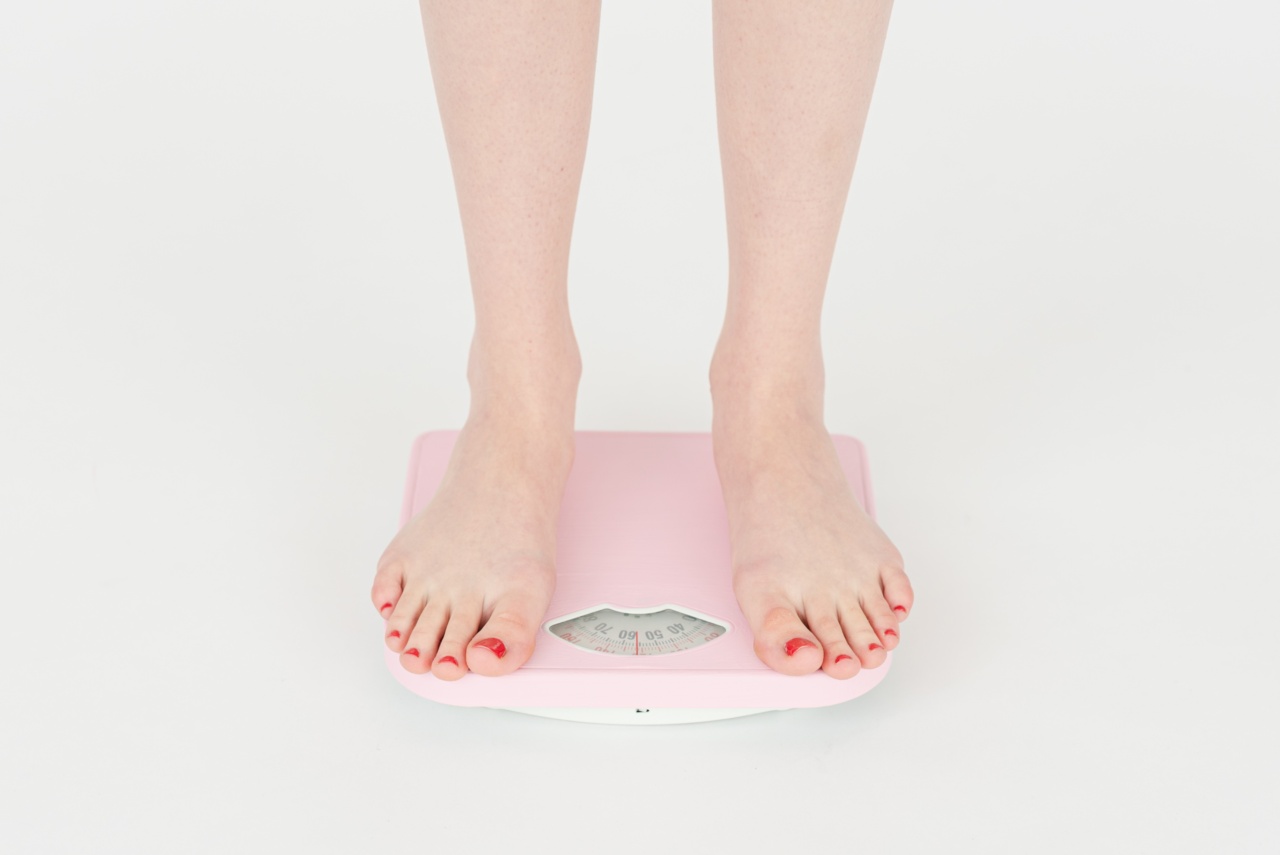Triglycerides are a type of fat found in your blood. When you eat, your body converts any calories it doesn’t need to use right away into triglycerides.
The triglycerides are stored in your fat cells, and when your body needs energy, it releases them. However, having high levels of triglycerides puts you at risk for heart disease, stroke, and other health problems. Losing weight can help reduce your levels of triglycerides.
In this article, we’ll explore the connection between triglycerides and weight loss and whether a clock diet can help.
What are Triglycerides?
Triglycerides are a type of fat found in your blood. They come mainly from the food you eat, but your body also makes them. Triglycerides are stored in your fat cells and are used for energy when your body needs it.
However, having high levels of triglycerides in your blood can increase your risk of heart disease and stroke.
What Causes High Triglycerides?
Several factors can contribute to high levels of triglycerides, including:.
- Eating too many calories
- Being overweight or obese
- Having a sedentary lifestyle
- Smoking
- Drinking too much alcohol
- Having untreated diabetes
The Connection Between Triglycerides and Weight Loss
Being overweight or obese is one of the main causes of high levels of triglycerides. Losing weight can help reduce your levels of triglycerides. When you lose weight, your body burns triglycerides stored in your fat cells for energy.
This, in turn, lowers your levels of triglycerides in your blood.
The Clock Diet and Weight Loss
The Clock Diet is a type of diet that claims to help you lose weight by eating foods at specific times of the day. The theory behind the diet is that our bodies are programmed to eat and digest food at certain times of the day.
By eating certain foods at the right times, you can optimize your body’s natural processes and lose weight.
The Clock Diet is based on the idea that your body has an internal clock that regulates your metabolism, digestion, and other bodily functions.
By eating foods that correspond to your body’s natural rhythm, you can help your body burn fat more efficiently and lose weight.
How Does the Clock Diet Work?
The Clock Diet is based on the idea that your body’s internal clock is regulated by two hormones: cortisol and melatonin.
Cortisol is a hormone that is released in response to stress, while melatonin is a hormone that is released in response to darkness. These two hormones work together to regulate your body’s internal clock.
The Clock Diet involves eating certain foods at specific times of the day to optimize your body’s natural rhythms. The diet is divided into three phases:.
- In the first phase, you eat foods that are high in protein and low in carbohydrates in the morning.
- In the second phase, you eat a balanced meal for lunch.
- In the third phase, you eat a meal high in carbohydrates and low in fat for dinner.
The idea behind the Clock Diet is that eating certain foods at specific times of the day can help your body burn fat more efficiently and lose weight.
Does the Clock Diet Work?
There is no scientific evidence to support the claims of the Clock Diet.
While it is true that our bodies are regulated by an internal clock, there is no evidence to suggest that eating certain foods at specific times of the day can help you lose weight.
The Clock Diet is a fad diet and should be approached with caution. While it may help you lose weight in the short term, it is not a sustainable way to lose weight and keep it off.
The Bottom Line
Triglycerides are a type of fat found in your blood that can raise your risk of heart disease and stroke.
Losing weight can help reduce your levels of triglycerides, and the Clock Diet claims to help you lose weight by eating foods at specific times of the day. While there is no scientific evidence to support the claims of the Clock Diet, losing weight through a healthy diet and regular exercise is a proven way to reduce your levels of triglycerides and improve your overall health.

























